13 Common Chemotherapy Side Effects

If you or a loved one has received a cancer diagnosis, your healthcare providers may have recommended chemotherapy treatment. Chemotherapy is a cancer treatment in which powerful drugs are used to treat cancer and/or relieve cancer symptoms. These drugs work by killing fast-growing cancer cells in the body. There are more than 100 different chemotherapy drugs, and along with treating cancer, they can cause different side effects. Please continue reading to learn more about the side effects of chemotherapy treatments.
Why does cancer treatment cause side effects?
Chemotherapy treatment is designed to kill fast-growing cells such as cancer cells. However, while these drugs kill cancer cells, they also affect healthy cells, which causes side effects. Certain types of normal cells are more likely to be affected by chemotherapy treatments because they are fast-growing, such as blood-forming cells in the bone marrow, hair follicles, and cells in the digestive tract, nervous system, and reproductive organs. Therefore, many of the side effects of chemotherapy treatment are related to these organ systems.
What is the most common side effect of chemotherapy drugs?
The most common side effects chemotherapy drugs tend to cause are tiredness and fatigue. However, each person’s response to chemotherapy medicines is different. How much fatigue a person develops depends on their body’s ability to counteract the effects of the drug, for example, by making new blood cells in response to a fall in blood counts.
The amount of fatigue a person experiences also depends on other factors, such as the type of cancer and the chemotherapy drug used. Your cancer care team can give you more information about how much fatigue to expect with your chemotherapy treatment.
The fatigue can occur immediately after you begin chemotherapy or set in gradually over time. As a result of the fatigue, even usual daily activities can leave you feeling drained.
Fatigue associated with chemotherapy treatments can be managed by tracking and understanding your energy levels and planning your day accordingly. You should work with your limited energy levels by taking frequent breaks, delegating certain tasks, eliminating unnecessary ones, and delaying the ones that can wait. Managing stress and eating a healthy, well-balanced diet are also key to recovery from cancer treatments.
Call your doctor immediately if you develop extreme fatigue along with shortness of breath and a fast heartbeat (these symptoms could signal anemia or low levels of red blood cells).
What are other common chemotherapy side effects?
Other side effects of chemotherapy drugs include:
Gastrointestinal side effects
Chemotherapy affects the gastrointestinal tract and can cause stomach pain, diarrhea, nausea, and vomiting. These symptoms need to be managed, or they can lead to dehydration.
Stay well hydrated by drinking enough water. Avoid foods that are hard to digest, such as spicy or high-fat foods. Try to eat away from your chemo treatment, as eating at around the same time can worsen nausea.
Talk to your cancer doctor about anti-sickness medicines to manage nausea, vomiting, and diarrhea caused by cancer treatment. Tell your healthcare providers if you have trouble keeping food and liquids down, have frequent watery bowel movements, or if you have a bowel movement with blood.
Loss of appetite
Nausea, vomiting, and diarrhea can kill your appetite. In addition, chemotherapy drugs can cause changes in taste, increased sensitivity to hot and cold foods, and mouth sores and throat sores, which can make chewing and swallowing difficult.
If your sense of taste is dulled, try eating foods that have strong smells - the aroma of the food can be appetizing. Keep your mouth moist by sucking on ice chips or sugar-free candy or by using artificial saliva. Consider taking nutritional drinks. Avoid foods that can irritate your mouth if you have mouth sores, such as crunchy and acidic foods.
Hair loss
Chemotherapy drugs can affect the hair follicles and cause hair loss. This is usually temporary, and hair begins to grow back 2-3 months after you complete chemotherapy treatment. However, the color and texture of your hair can be different.
To manage chemotherapy-related hair loss, consider wearing a wig or hair covering such as a scarf. Be gentle with your hair (avoid frequent shampooing and the use of curlers or high heat with straightening irons, etc.).
Skin irritation
Cancer treatment with chemotherapy drugs can cause skin dryness, redness, itching, and swelling. These drugs can also make your skin more sensitive to sunlight and increase your risk of sunburn.
Be gentle with your skin and avoid products that can irritate it. Also, avoid direct heat and cold (hot water bottles, heating pads, and ice packs) on sensitive skin. Protect your skin from direct sunlight. Avoid tight-fitting clothes and allow your skin to breathe.
Chemo brain
People receiving chemotherapy drugs frequently experience difficulties with thinking, memory, and concentration. This is sometimes called chemo brain fog. Stress, loss of appetite, and depression can worsen these symptoms.
Try to get at least 8 hours of restful sleep every night. Complete activities that require concentration or thinking when your brain is well rested, for example, first thing in the morning or after a nap. Keep notes to help you remember and stay organized.
Other common side effects of cancer treatments with chemotherapy drugs
- Unexplained bruising and bleeding due to a fall in platelet count
- Infections due to low levels of white blood cells
- Anemia (low red blood cell count)
- Peripheral neuropathy (numbness, tingling, shooting pains) due to nerve damage
- Urinary bladder and kidney problems
- Changes in libido and sexual function
- Sex and fertility issues due to chemotherapy effects on the reproductive system
When are chemo side effects the worst?
Chemo side effects can start within a few hours of your first chemotherapy treatment or over a period of several days to weeks after you’ve had a few rounds of chemo. Most side effects go away in 2-3 months after your treatment ends, but some late side effects can develop months or even years after your chemotherapy treatment, such as fertility problems, nerve damage, and an increased risk of a second cancer.
What are the hardest days after chemo?
The first few days are often the hardest days after chemo. For the first few hours after chemotherapy, most people feel fine. Some reaction starts to occur 4-6 hours later. However, there may not be any side effects for 12, 24, or 48 hours after a chemotherapy treatment.
It’s worth remembering that every person experiences side effects from chemotherapy differently. Some people may experience almost all the side effects described above, while others may experience almost none. Follow your healthcare provider’s instructions after treatment starts. Call your cancer care team or doctor’s office if the side effects are severe.
References:
- https://my.clevelandclinic.org/health/articles/10257-chemotherapy-side-effects
- https://www.mayoclinic.org/tests-procedures/chemotherapy/about/pac-20385033
- https://www.cancerresearchuk.org/about-cancer/treatment/chemotherapy/side-effects/about
- https://amp.cancer.org/cancer/managing-cancer/treatment-types/chemotherapy/chemotherapy-side-effects.html
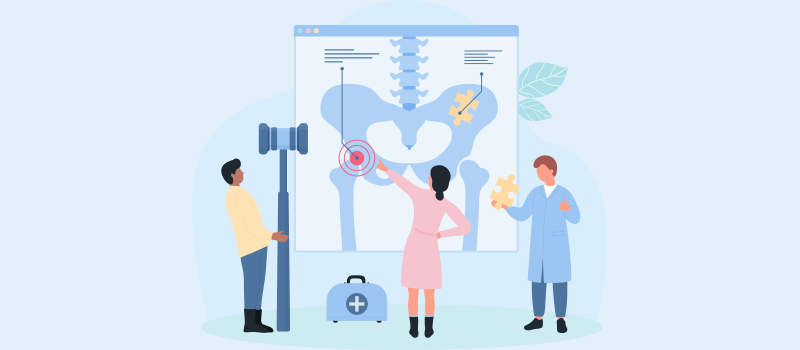

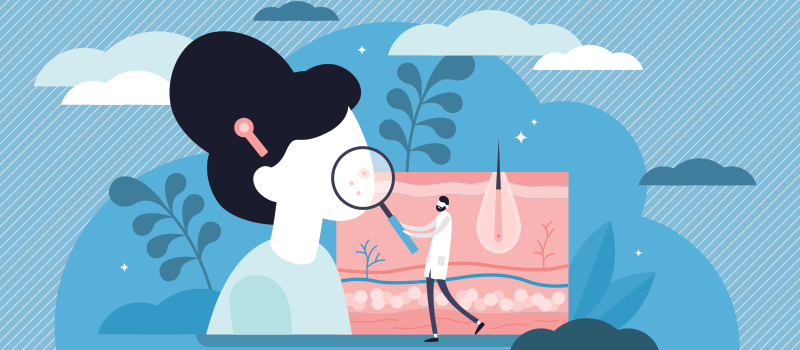
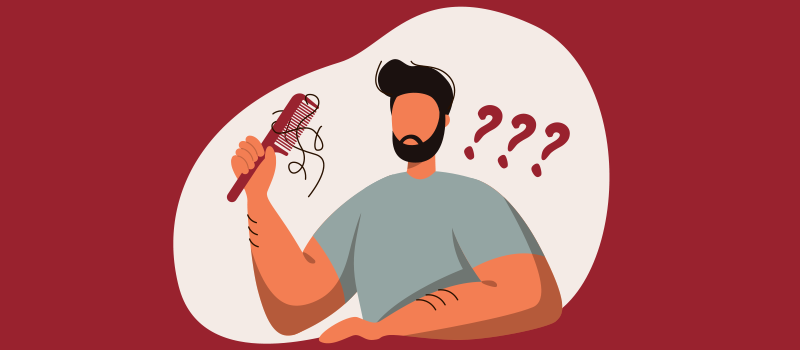


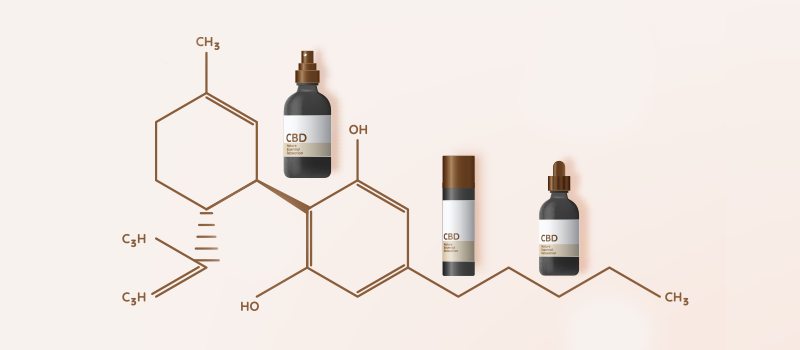



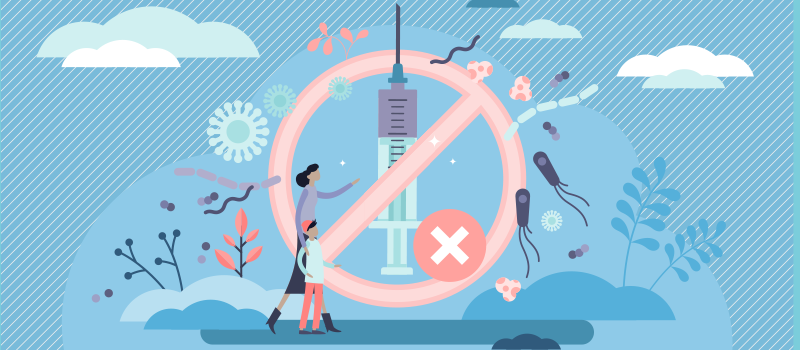
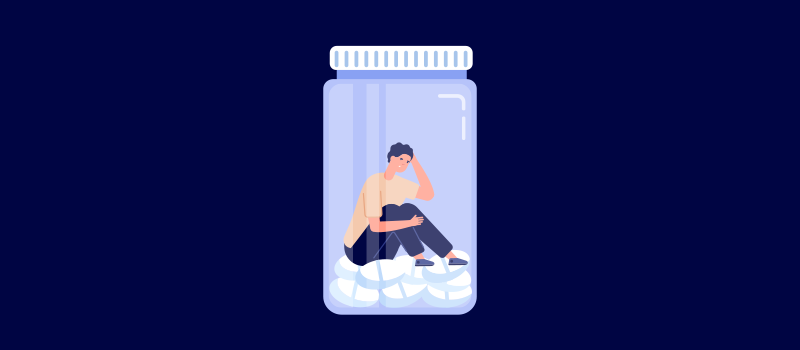
SOCIAL